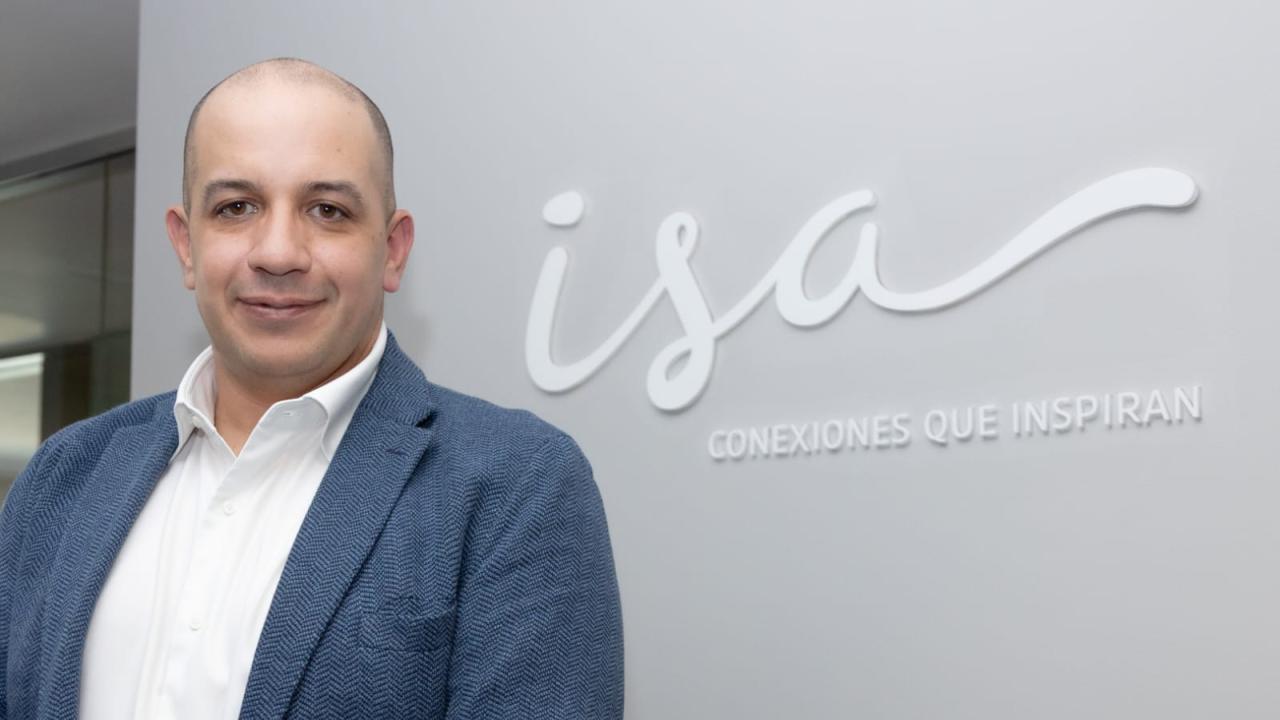
The electric power transmission company has launched Inndigo, a US$130 million innovation investment program that will focus on advanced-stage technology-based startups to co-create solutions for the energy transition.
The energy transition is accelerating and the actors in this energy ecosystem are seeking to develop solutions that facilitate this process. In this regard, ISA, the Colombian electric power transmission company with operations in several Latin American markets, has launched Inndigo, an investment program in innovation and entrepreneurship with a capital of US$ 130 million by 2030.
Through this Corporate Venture Capital (CVC) investment, which has been supported by Wayra, the open innovation arm and corporate fund of the Telefónica Movistar Group , ISA will seek to develop and co-create solutions that accelerate the energy transition with technology-based ventures or startups , from anywhere in the world, that are in an advanced stage (series B onwards).
“We are going to be the protagonists of the energy transition, which can be summarized as the decarbonization of the energy matrix of countries. This necessarily implies a reconfiguration of the way of producing energy and this is how renewable, non-conventional and other complementary sources begin to arrive. To do this, transmission systems must be used, and the best actor to do that is ISA or companies like ISA. This is going to grow at exponential levels that we would like even if we did. We recognize that for this to happen at the right speed there must be more actors connecting them, otherwise none of this will happen,” Jorge Andrés Carrillo, president of ISA, told AméricaEconomía .
The executive also explained that Inndigo has two focuses in its investment thesis: boosting the efficiency and competitiveness of energy transmission, based on solutions in the electrical networks of the future and participating in new energy businesses, such as distributed energy solutions, large-scale storage, among others.
To date, the program has identified more than 5,000 startups that align with the investment objectives and are not only based in Latin America, but also in markets such as the United States, Europe, Asia and in different countries where these business models and technologies are being developed.
“Based on this, we carry out an analysis to understand which ones meet the requirements of maturity and the possibility of work that we are looking for. With this list of more than 5,000, we have prospects for 59 companies with themes similar to the investment thesis. In addition to startups , we are looking at energy funds, which are other very important players that will develop their investment portfolios. This is a very intelligent and fast way for the Inndigo program to insert itself into these conversations to make investments that allow these co-creation projects,” says Carrillo.
The president of ISA explained that the program's funds aim to invest in a diversified portfolio of between 11 and 15 companies for a period of execution of 10 years, with the first five years being the investment. “For the investment to take place, several conditions must be met. One of them is that the company or startup is in a moment of liquidity, with assets duly protected and incorporated into its business model, that are already monetized or that are growing from income, that have the characteristics of a mature company. What we will be looking for in these companies is the alignment of our objectives with their moment of liquidity. And there are opportunities to invest there,” he says.
Regarding electromobility, Carrillo explained that the ISA group has a unique combination, since in addition to the energy business, it also has the road infrastructure business. “It seems that the synergy is total. Part of what we imagine is being able to have all our highways with a modern electric charging platform that is transformative and a good business. Unfortunately, we cannot do that alone. It requires regulations and alignment of various sectors within all the countries where we are and this also reconfigures demand in terms of the type of energy consumed. We need arrangements that depend on third parties, we are managing them, but hopefully we can get there,” he says.
However, Carrillo says that innovation in energy transition does not come with Encendido, but it does accelerate the process. “ISA has done a lot with its teams, with entrepreneurship and training, we are very competitive in that and it is part of what has brought us here. [Inndigo] does not replace that, but rather complements it, understanding that the world is already globalized. We take into account that developments go so fast and having a viewer that allows us to bring that not in three, four or five years, but in months and why not make the investments profitable beyond knowledge and appropriation, is important. It may happen that at some point we hit a unicorn,” concludes Jorge Andrés Carrillo.









